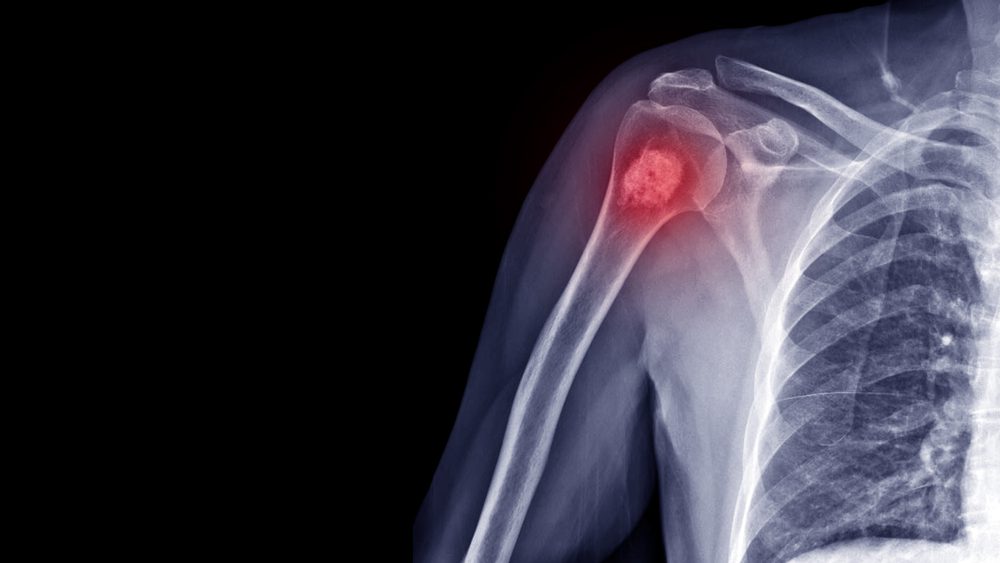
Did you know there are types of cancer that people do not feel?
No one wants to think about the types of cancer that could come over you, but they are not as uncommon as some may think.
In the case of older adults and seniors, there are many things that could end up not being seen as fast, and some of which have such common symptoms that until you manage to catch them, they are going to be in an advanced state.
While this can sound scary, it is not something that you should fear and also not something that should stop you from taking care of your health.
Knowing which type of cancer tends to be silent and come seemingly out of nowhere can help you to know what to get screened for, especially if there has been a history of cancer in your family.
This can give you the chance to catch it before it becomes too advanced, and since you can get an early diagnosis, you can hope to curb this dreaded disease before it can sink its claws too deep into you.
Did you know about these silent types of cancer before? Have you ever had to deal with this disease? Share your answers and stories in the comments!

























